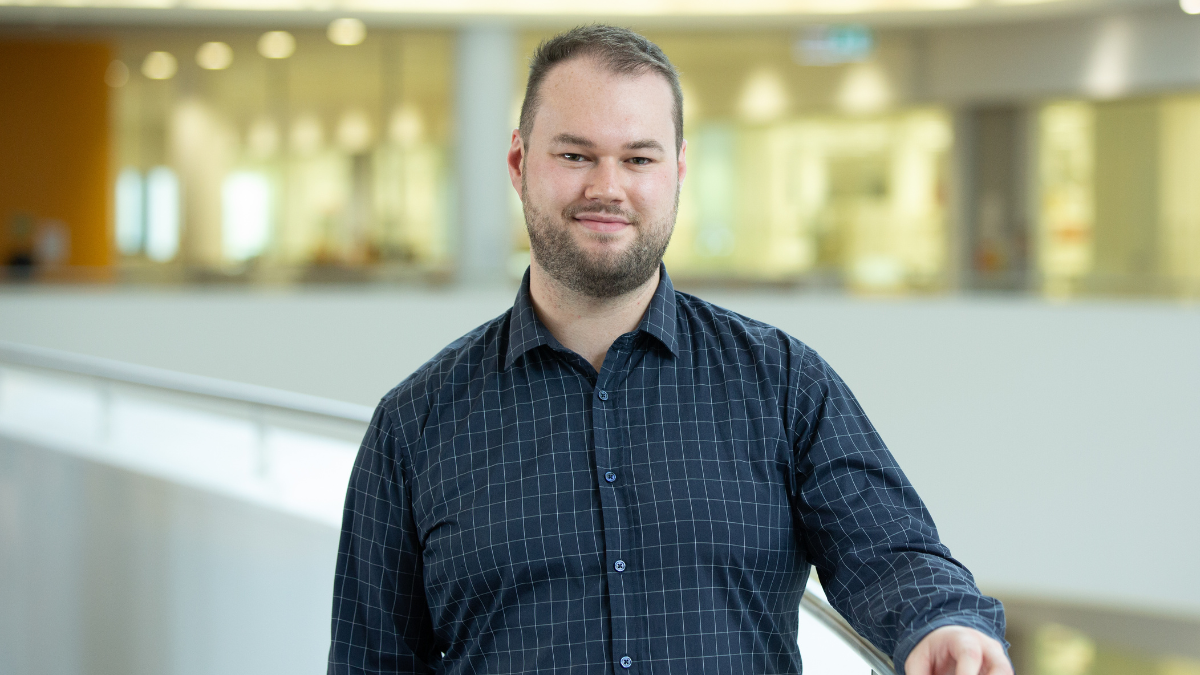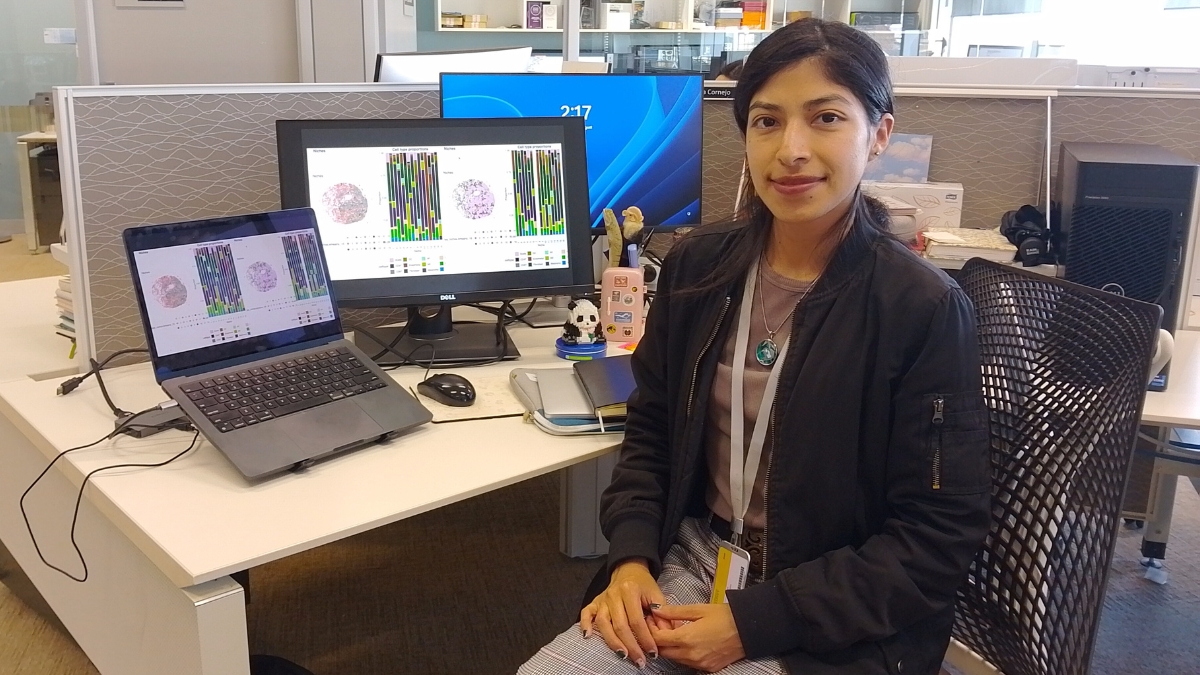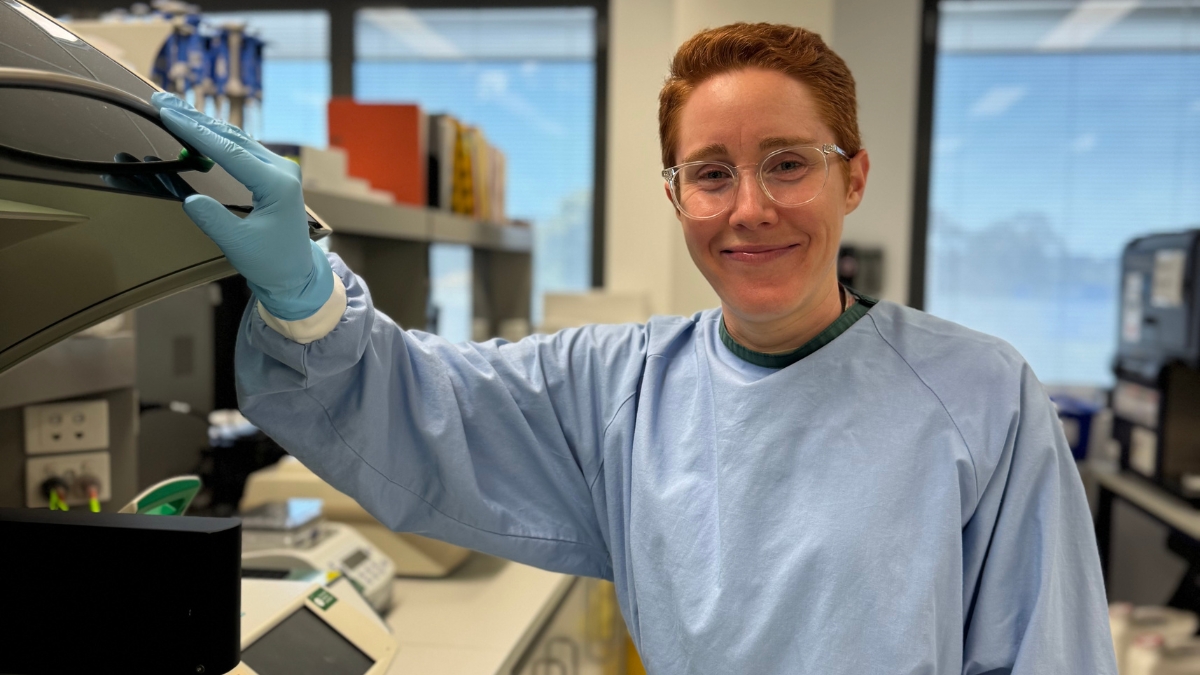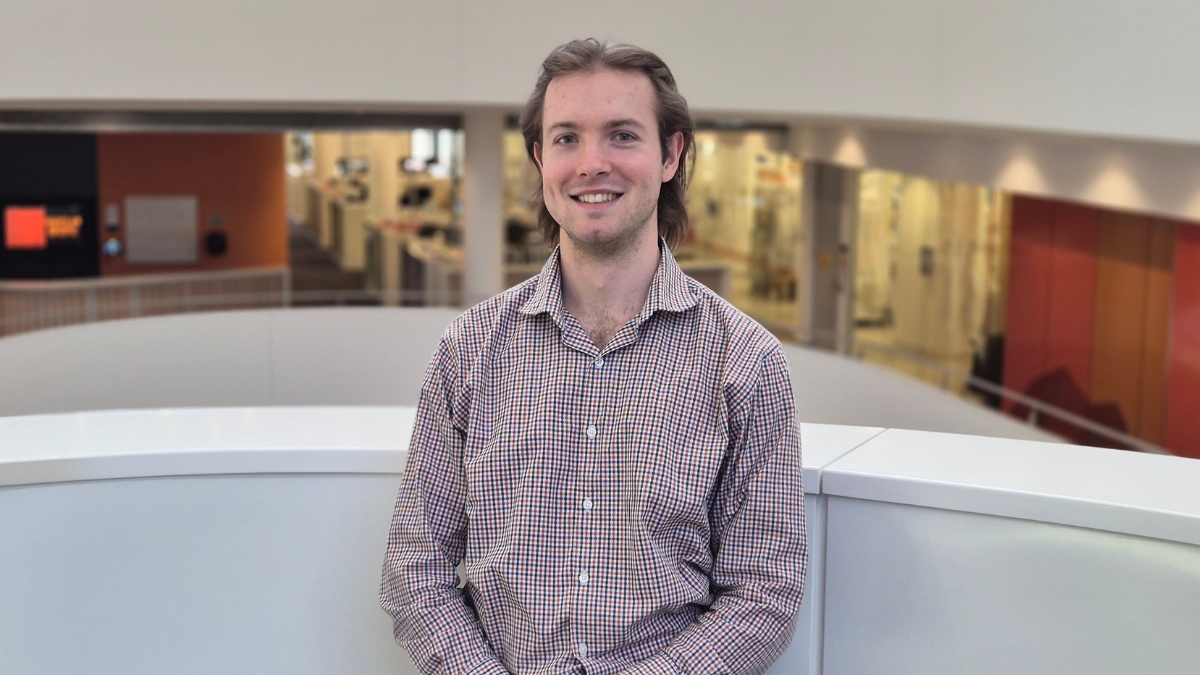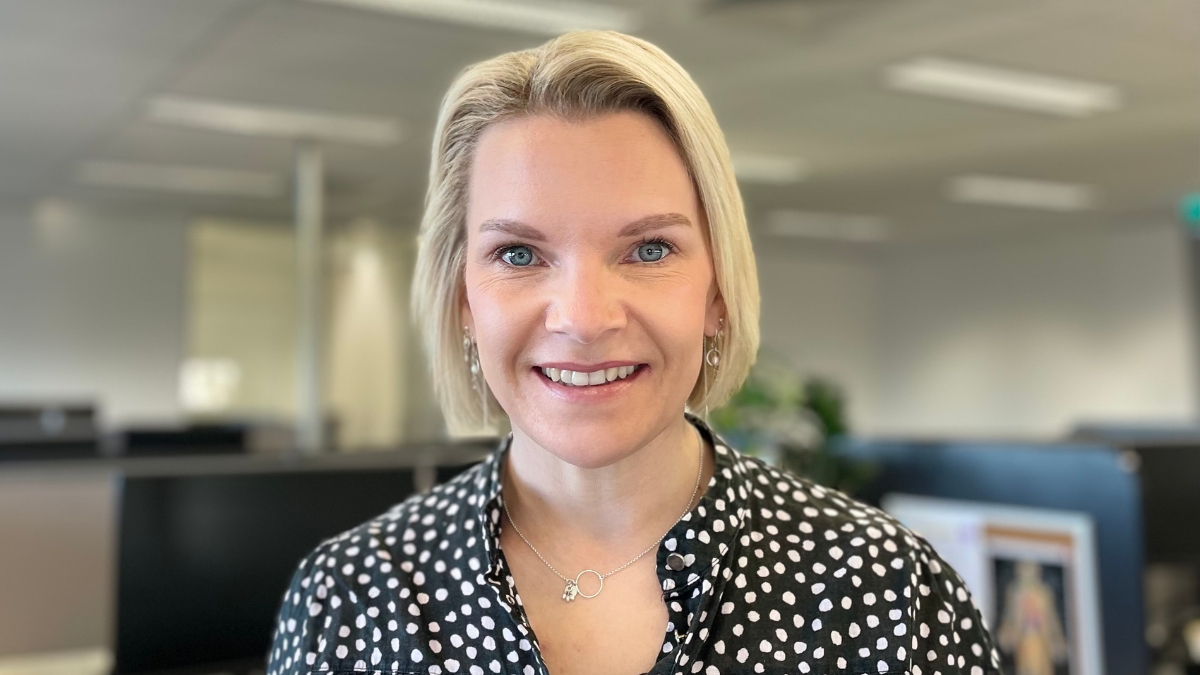Dr Jordan Conway is a post-doctoral MIA researcher based at Charles Perkins Centre at The University of Sydney, working hard to find answers that will help us reach our goal of zero deaths from melanoma. Jordan gave us a glimpse of his life in the lab and into his research, which focuses on melanoma metastases in the liver, neoadjuvant immunotherapy and strategies to overcome treatment resistance.
Can you summarise your latest research?
I am currently focused on two main research projects:
- The first focuses on understanding the reduced response to immunotherapy and shorter survival rates in patients whose cancer has spread (metastasised) to the liver. We are investigating tissue and blood samples to identify differences in the immune and metabolic profiles between patients with liver metastases and those with other disease sites. We already know that liver metastases have an increased expression of a specific immune checkpoint called TIM3 and is also a site known to be uniquely hypoxic (meaning it has low levels of oxygen). With this information we aim to identify and test more targeted treatments for patients with liver metastases to improve response rates.
- The second project involves our neoadjuvant platform, which utilises clinical trial data and specimens to explore why patients who receive treatment before surgery (neoadjuvant treatment) experience better long-term outcomes compared to those who undergo surgery first. Additionally, we aim to predict which patients are likely to respond to treatment and identify early those who may need alternative and more personalised therapies early on. This will help doctors and patients to make better informed decisions.
How did you get into melanoma research?
After completing my honours degree, I was fortunate to secure a position in the Biospecimen Bank of MIA. Initially, I had limited knowledge of melanoma and immunotherapy, but my role involved spending a considerable amount of time with patients, and collecting and processing specimens for various MIA research projects. This experience sparked my interest in melanoma research, leading me to transition into a Research Assistant position at MIA, where I could work more closely with our translational research group.
During this period, I collaborated closely with clinicians and researchers, which deepened my passion for research. Notably, working with Associate Professor Ines Pires da Silva, who was investigating liver metastases in a clinical project, motivated me to pursue a PhD on this topic and has been a key reason why I have continued my career in melanoma research.
What has been the highlight of your career so far?
Two highlights of my career so far have been completing my PhD and when I published my first research paper, ‘Unveiling the tumor immune microenvironment of organ-specific melanoma metastatic sites’. When I initially started working at MIA, I never imaging achieving these milestones.
What is your favourite part of your work?
My favourite part is collaborating daily with a diverse team of researchers who bring varied backgrounds and experiences. I appreciate the ongoing opportunities to learn from more experienced.
What is your favourite quote?
“Somewhere, something incredible is waiting to be known” – Carl Sagan/Sharon Begley.
What is your favourite movie?
Hocus Pocus.
What is a book you’ve recently enjoyed?
“I Don’t Need Therapy: (and other lies I’ve told myself)” – Toni Lodge (a book from a podcaster I enjoy listening to!)
Jordan’s ground-breaking PhD research was supported by the Emma Betts PhD Scholarship, in memory of 25-year-old Emma who passed away from melanoma in 2017. All profits from Love, Emma are donated to MIA.
